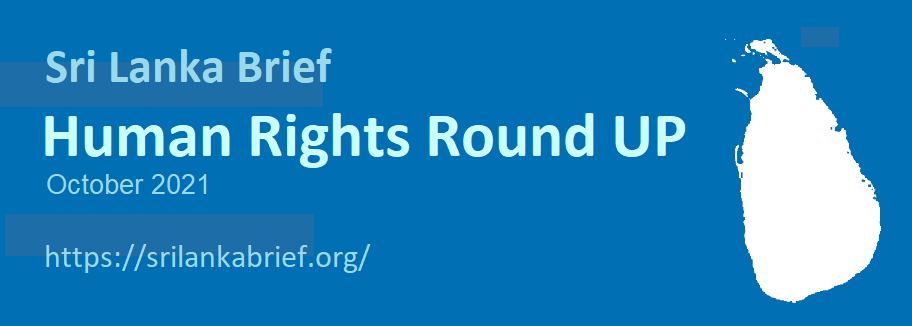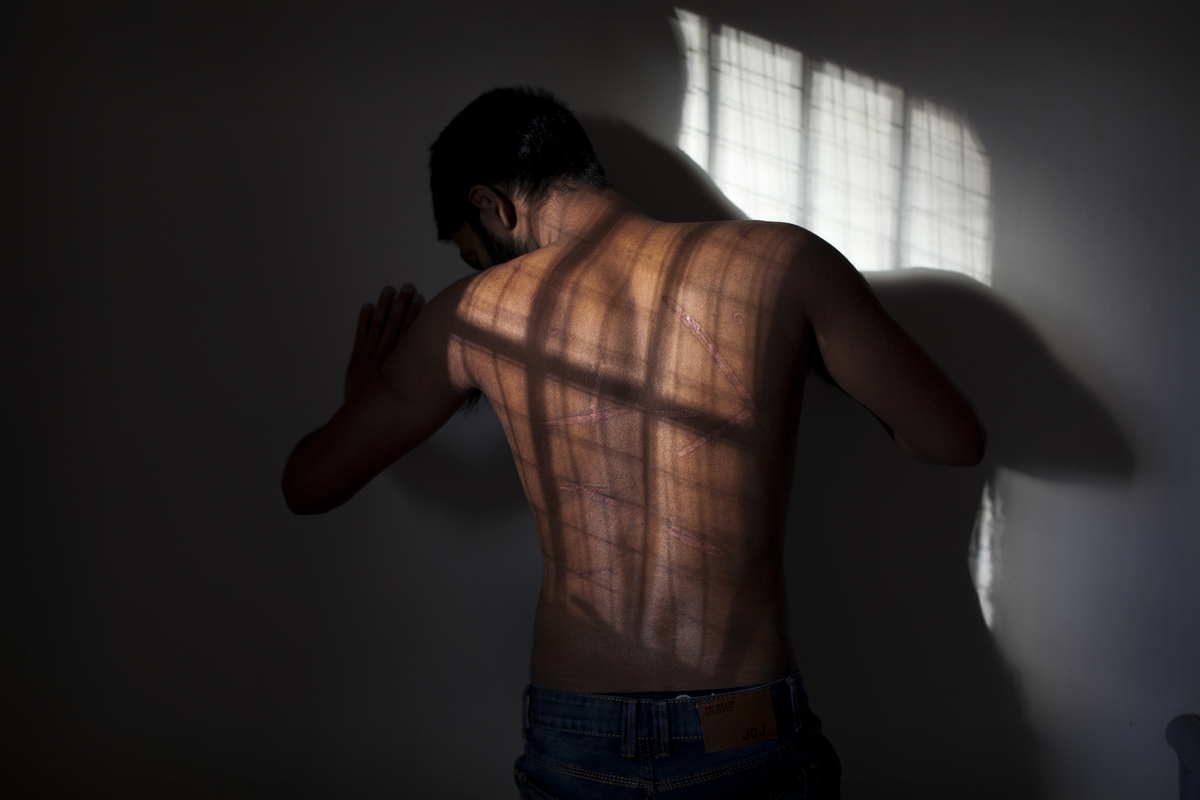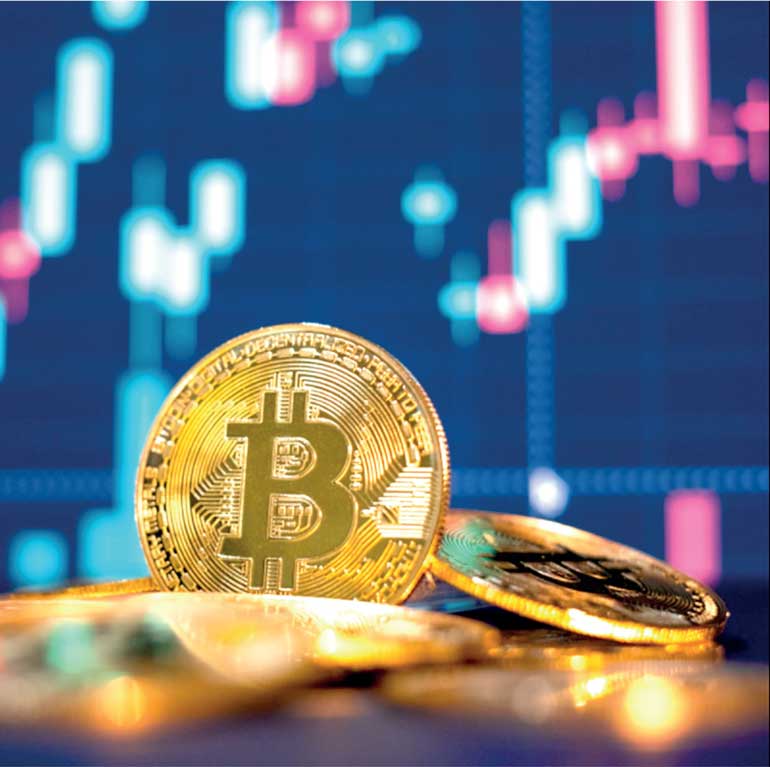The scarcity of bitcoin relative to the demand for it by speculators had caused its value in terms of the US Dollar to rise in the market phenomenally
Monday, 1 November 2021
Whiz-kid in economics, Aseni, and her grandfather, Sarath Mahatthaya, have been probing into the new world of cryptocurrencies, how they are created, and the system under which they operate. They have found that the first cryptocurrency in the modern era was created by International Monetary Fund in 1969 when it issued an artificial currency called Special Drawing Rights or SDR. Private individuals entered the cryptocurrency world in 2009 when a new crypto called bitcoin was created with an advanced operating system named the blockchain. The fast popularity of bitcoin and the enormous profit opportunities it offered to participants induced many others to enter the field. The result was the proliferation of cryptocurrencies competing with each other on one side and with natural currencies issued by sovereign governments on the other. The scarcity of bitcoin relative to the demand for it by speculators had caused its value in terms of the US Dollar to rise in the market phenomenally. For instance, when it was issued in 2009, its value was just 10 US cents. But today, one bitcoin is traded on average at $ 60,000 down by $ 4,000 a few days ago. As such, bitcoin has failed to keep to its promise of delivering a stable-value currency to the world. They continued their discussion of the subject:
Aseni: Some of the readers who have read our discussion have asked some questions about bitcoin and its operating system blockchain. One reader had asked three questions. One question relates to your saying that currencies should be issued in correct amounts, neither more nor less if their value is to be kept stable. Since the market price of bitcoin in term of US dollars has increased tremendously, his question was whether it has been issued too much or too few. He had further clarified his question. In other words, whether it is above or below the correct amount. What is your response to this question, Grandpa?
Sarath: It is good that these readers are asking questions. We should encourage them to do so. It gives us an opportunity to further clarify the issues. It also helps other readers to learn of the true facts. The fact that someone is asking questions means that that person is on alert and with us. It is an essential feature of any productive learning environment.

The shortage of bitcoin in the market has arisen not from its supply side but from its demand side. Like any commodity, money also has a demand and supply. The demand for a commodity is driven by the end use of that commodity either for consumption or for use as an input for further production. But the demand for money is not guided by this principle. We demand money because it helps us to buy a commodity which we can consume, allow us to face unexpected emergencies, or engage in a kind of a gambling which economists call ‘speculation’. It is the duty of the money issuer to supply money to meet these demands. If the demand is less than supply, there is an excess supply that leads to a series of adjustments in market prices.
One such price is the interest rate. If there is an excess supply, interest rates will fall prompting people to buy more goods because money is now cheaper. That will lead to an increase in the prices of these goods if their supply is not increased to match the demand. This is what we know as price inflation. In this case, we need more money to buy a given unit of a commodity. In other words, the value of that commodity goes up and that of money goes down.
The opposite will happen when money is not supplied relative to its demand. The relative shortfall in money supply will lead to an increase in the interest rates, fall in the demand for goods, and a corresponding decline in the price of those commodities. You can buy a given unit of a commodity with a less amount of money. In other words, the value of that commodity goes down, that of money goes up.
The demand for bitcoin is mainly driven by the speculative motive of people. They think that in the future its value in terms of US Dollars will increase. This leads to an artificial demand for the crypto. But the supply of the coin is controlled by the restrictive conditions imposed by its creators. As a result, we can say that the supply of bitcoin is below the correct amount. That is why its value is not stable, and on the increase.
Aseni: What this means is that the demand for bitcoin is user-driven, but its supply is regulated by a machine. That machine is not responsive to the developments in the market. As a result, when the demand is driven by speculators, the non-responsive supply creates a shortage. As long as this speculative motive is the guiding principle, there will always be shortages of bitcoin, leading to its price increase in terms of the US Dollars. This is clear enough to me. I hope it is the same for the reader who has raised this question. His second question also relates to what you said about bitcoin deflation last week. He says that Milton Friedman has said that price deflation occurs when a commodity is oversupplied. He asks whether the bitcoin deflation occurred because it has been oversupplied. How do you answer that question?
Sarath: This reader has asked this question because he has mistakenly identified money for a commodity. As I have already said, a commodity is a real thing which people can consume or use as an input for further production.
For instance, you can eat an egg. But the very same egg can be used as an ingredient for baking a cake as well. Money is not a real thing. Economists call it nominal because it is just a notion which we have in our heads. It is an imaginary thing. One of its utilities is that it will help us to buy an egg. Therefore, it is just an agent. A medium. Therefore, its value moves in the opposite direction of the value of a commodity. As a result, when the value of a commodity increases or inflation of a commodity occurs, the value of money falls. In other words, you need more units of money to buy a unit of a commodity. The opposite will occur when the prices of commodities fall or are subject to deflation. In this case, you can buy more units of commodities for a given unit of money.
Bitcoin is not a commodity but a kind of money that must be used to buy usable real commodities. Since its use as a medium of exchange is not widespread, it should be first converted to US Dollars to buy other goods. It is only in El Salvador where bitcoin has been elevated to the status of legal money. In all other countries, the US Dollar is the link currency. For instance, bitcoin commanding $ 60,000 in the market is worth Rs. 12 million in Sri Lanka at the current dollar-rupee rate. As a result, when the dollar is subject to price inflation, bitcoin is subject to price deflation.
A bitcoin is split into 100 million sub-units where a unit is called a Satoshi, named after coin’s creator. In 2009 when Bitcoin was introduced, one unit was equal to 10 US cents. In terms of dollar, one dollar was equal to 10 bitcoin or BTC 10. In terms of Satoshis, a dollar was equal to one billion Satoshis. Today, BTC 1 is equal to $ 60,000 or only 1,667 Satoshis. In other words, the price of bitcoin has fallen or as we say, subject to deflation.
To get an idea, we can compare bitcoin’s buying power in Sri Lanka to further illustrate this point. Suppose a loaf of bread is equal to Rs 70. Since a bitcoin, now at $ 60,000, is equal to about Rs. 12 million, a bitcoin can buy about 171,428 loaves of bread. If dollar inflation occurs so that a bitcoin is now equal to $ 100,000, at the current dollar-rupee rate, a bitcoin is equal to about Rs. 20 million. In terms of bread, it is about 285,714 loaves of bread. When we express it in Satoshis, the price of bread has fallen from 583 Satoshis to 350 Satoshis. Since this has happened due to dollar inflation, bitcoin has been subject to deflation.
Aseni: I now understand it. When the price of a commodity is expressed in terms of units of money, if that number goes up, there is price inflation of the commodity. But at the same time, the money value goes down and it is subject to deflation. The very same reader has asked whether bitcoin is a commodity. You have already said that bitcoin is money, and it is not a real thing like, say, an egg. Therefore, it is something which we just imagine in our head. If bitcoin is a commodity, we should be able to consume it like an egg or use it as an input for further production. But we cannot do it and we should first exchange a bitcoin for a commodity and then consume it. Am I correct, Grandpa?
Sarath: Yes, indeed. Most of us make this confusion thinking of money as a commodity. It is not so. Money cannot be directly consumed and therefore should be converted to a consumable commodity. If this cannot be done, there is no reason for us to have money. So long as there is stability in the value of money, we have full trust in it, and we keep money with us because we can use it to buy usable real commodities. Therefore, our desire to keep money comes from our ability to convert it to real commodities. This means that our demand for money is derived from our demand for real commodities. This is equally valid for bitcoin too.
Aseni: Grandpa, some readers have suggested that Sri Lanka can get out of its present foreign exchange problem if all the rupees printed by the Government are converted to bitcoin. They have a point because the value of bitcoin in terms of US Dollars is increasing all the time due to the short supply of the currency. If we print, for example, Rs. 12 million, and use it to buy one bitcoin today, if its price goes up, say, to $ 100,000, we can convert it to Rs. 20 million at the current exchange rate. It will bring a clean profit of Rs. 8 million which amounts to 67%. Isn’t it a good idea, Grandpa?

Sarath: The problem with that suggestion is that it involves speculation. An individual can engage in speculation and make profits or incur losses. It is one of his private affairs. But a nation cannot do that. There are several reasons for that. It is not proper for a nation to engage in speculation like an individual. If the speculation turns sour, the nation stands to make losses. There is no way to recover those losses. Therefore, the interest of a nation in bitcoin is not its potential for making speculative profits or losses, but its ability to serve as a reserve currency. Bitcoin has so far not been able to make a mark in this sense.
A reserve currency, in addition to serving as a medium to buy goods and services from other countries, offers a method of storing its wealth, an accounting unit to keep its records, and repay your debt. When you learned your basic economics, these are what you were taught as the main functions of money. In fact, for anything to become money it should satisfy two conditions. One is, it should be generally accepted. The other is it should serve these functions.
Bitcoin was introduced as a peer-to-peer payments token without going through a middleman like a bank. Its speculative element came much later when people realised that its supply is controlled mechanically. Therefore, right now, bitcoin does not offer an alternative to a reserve currency like the US Dollar which is a fully-fledged currency. As we have mentioned in our previous discussion, there is no liability holder of bitcoin. For instance, in the case of the US Dollar, there is an economy of $ 22 trillion that backs it, and gold reserves that covers up to 23% of the dollars issued. If people do not accept bitcoin as a token of payment, the holder is doomed.
There is another reason why Sri Lanka cannot convert its rupees or foreign exchange balances to bitcoin.
Aseni: What is this other reason that prevents Sri Lanka from converting its rupee balances or foreign exchange balances to bitcoin?
Sarath: That is because we have to buy bitcoin from the market. The current price of a bitcoin in rupees based on its dollar value and rupee-dollar rate is about Rs. 12 million. However, sellers quote a price of Rs. 14 million to Rs. 15 million by adding a premium of 20-30%. If we are to buy bitcoin by using rupees, there should be sellers who are willing to accept rupees as payment. That number as well as the amount available is limited. Therefore, by printing rupees, we cannot buy bitcoin in the required volume. It is a dream.

Buying bitcoin for dollars or any other reserve currency is a non-event given Sri Lanka’s present precarious foreign exchange situation. When individuals buy bitcoin, they have to use their credit cards, debit cards, or a system like PayPal which in turn uses those cards to make the payment. Banks have limited this amount to $ 200 to $ 400 per week. Even then, customers should wait in a long waiting list to have the dollars released. In a market you cannot do so. If they buy dollars from the black market, the price goes up by a minimum of 25%. For instance, a bitcoin will cost about Rs. 18 to 19 million. Even for a speculator, it is not a price worth because to make profits, the dollar value of bitcoin should increase to about $ 90,000.
The nation cannot do it at all today. Its foreign reserves have been negatived from around May 2020. From August 2021, even the foreign reserves of the Central Bank have been turned negative. Thus, Sri Lanka does not have any foreign exchange left with it to go for a speculative type of investment. That is why I said that it is a non-event.
Aseni: This is revealing, and I hope all those who had asked questions got their answers. Let’s continue this interesting conversation.
(The writer, a former Deputy Governor of the Central Bank of Sri Lanka, can be reached at waw1949@gmail.com)
















